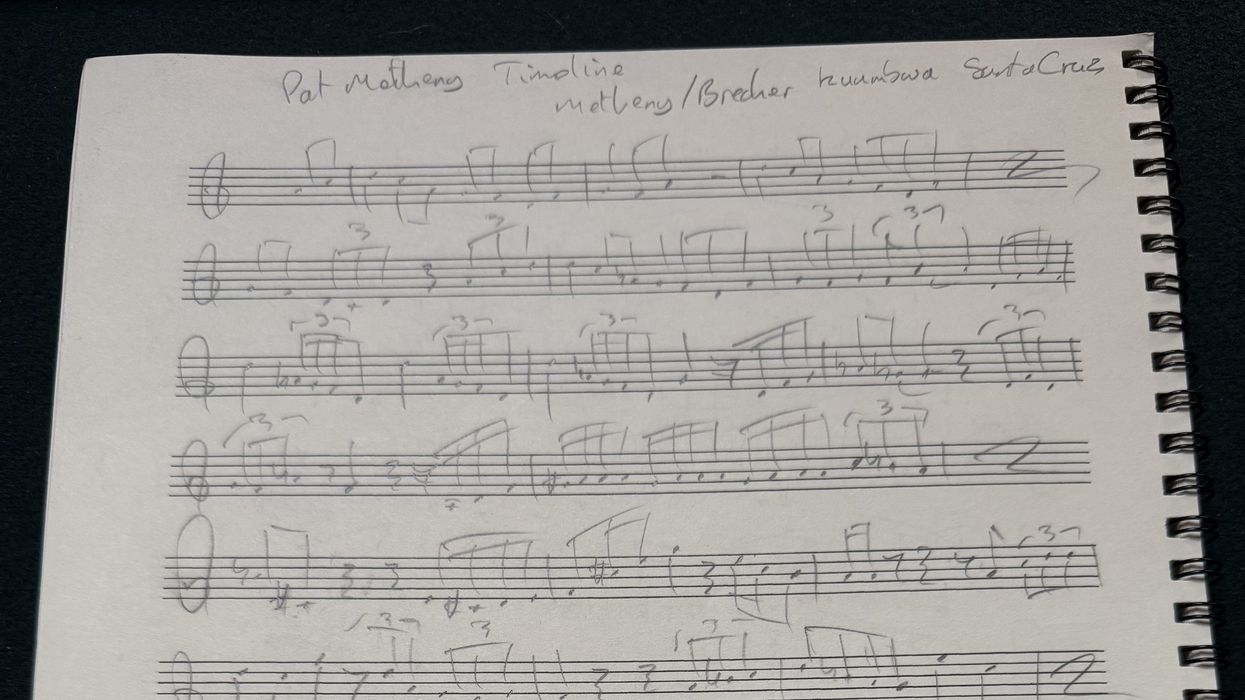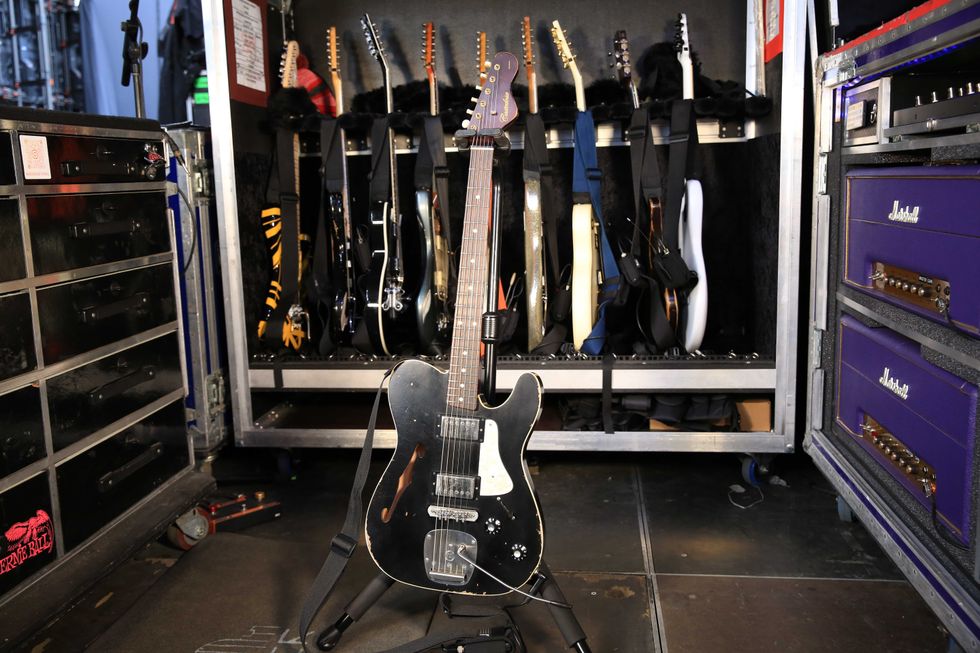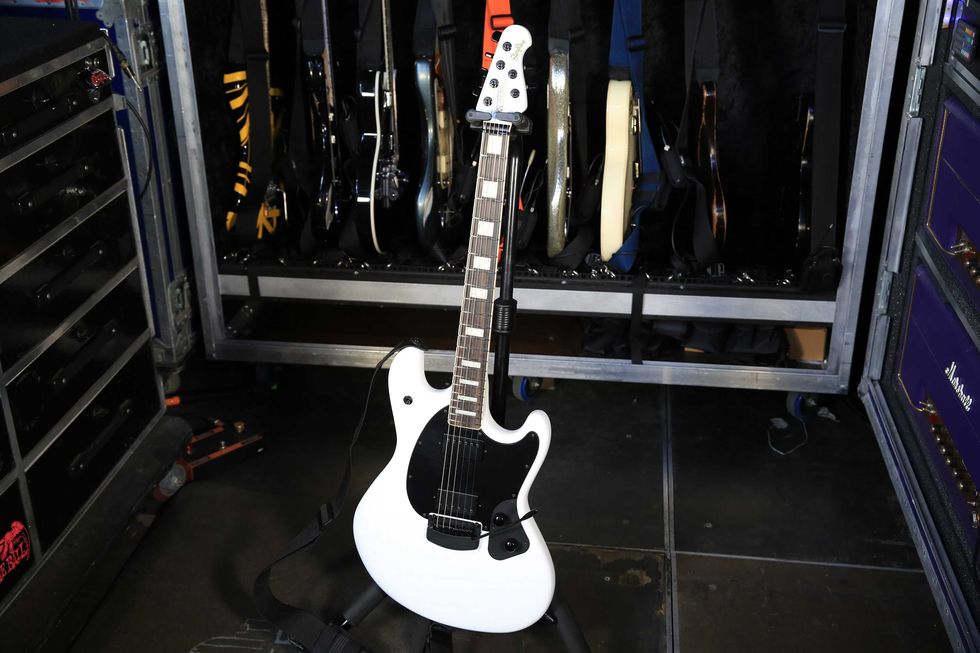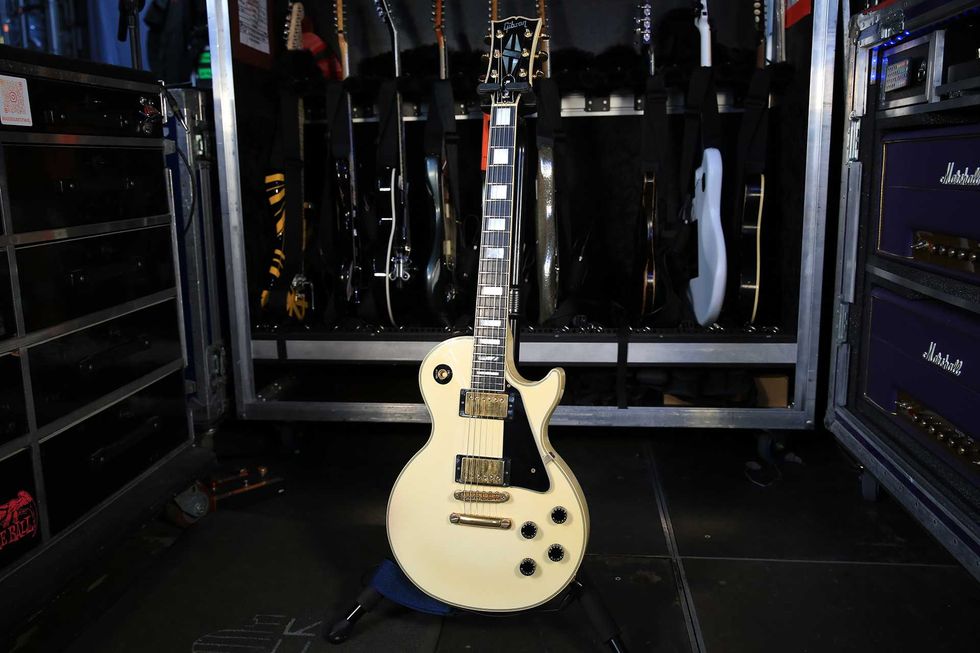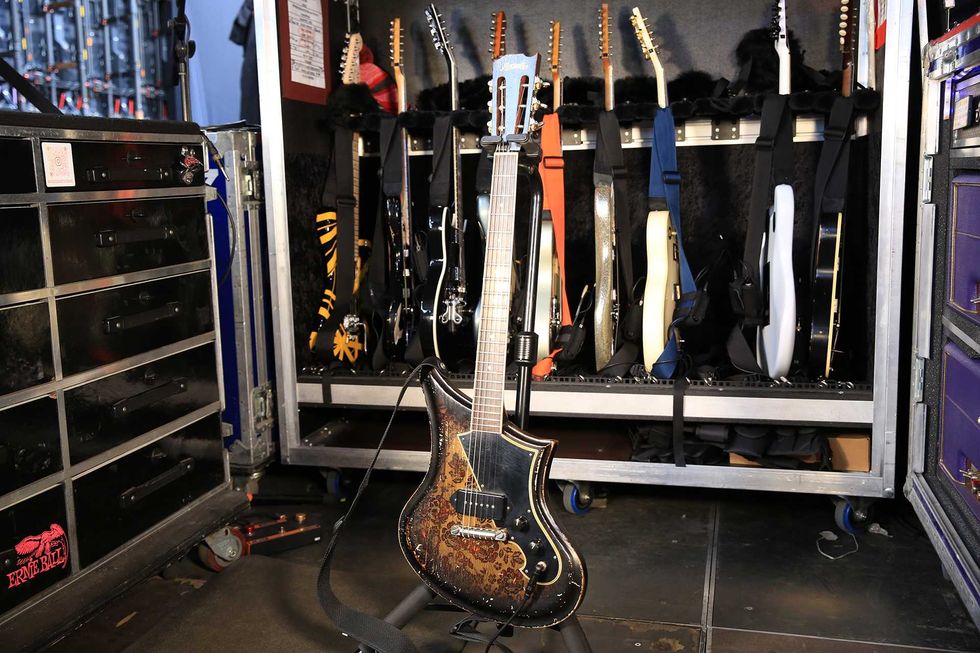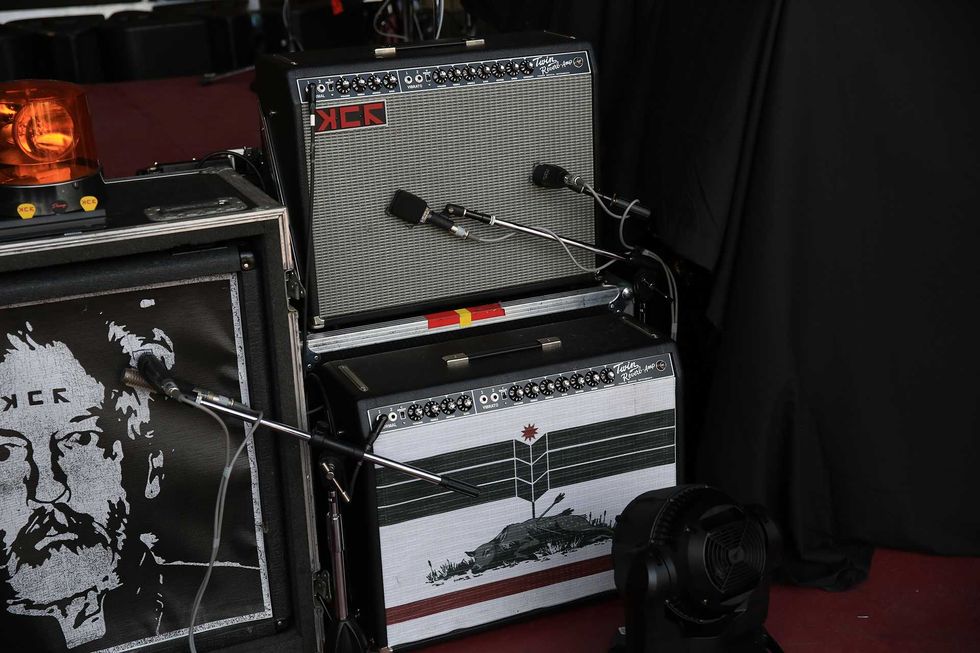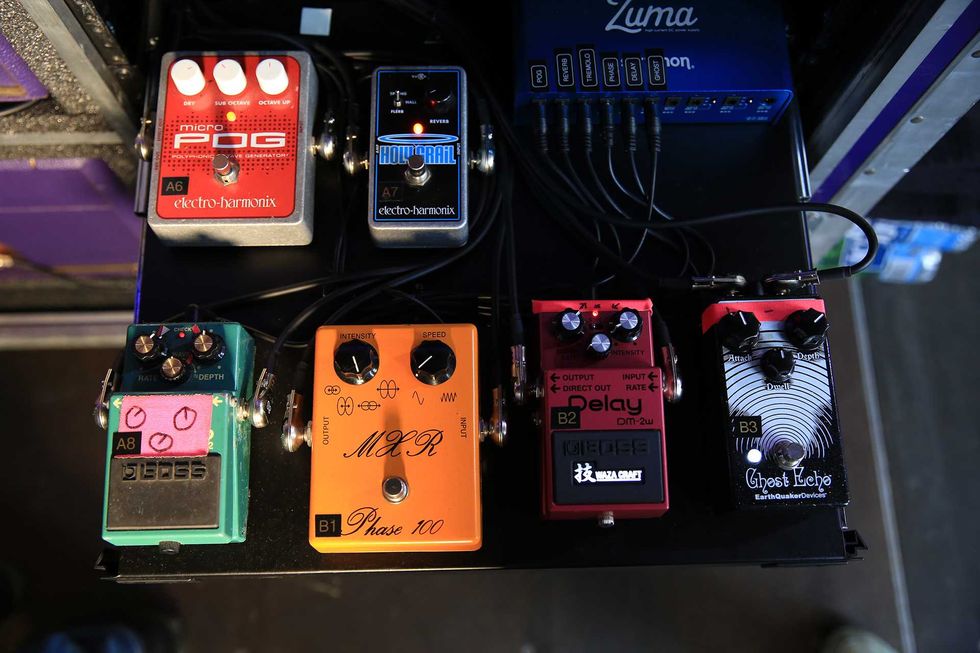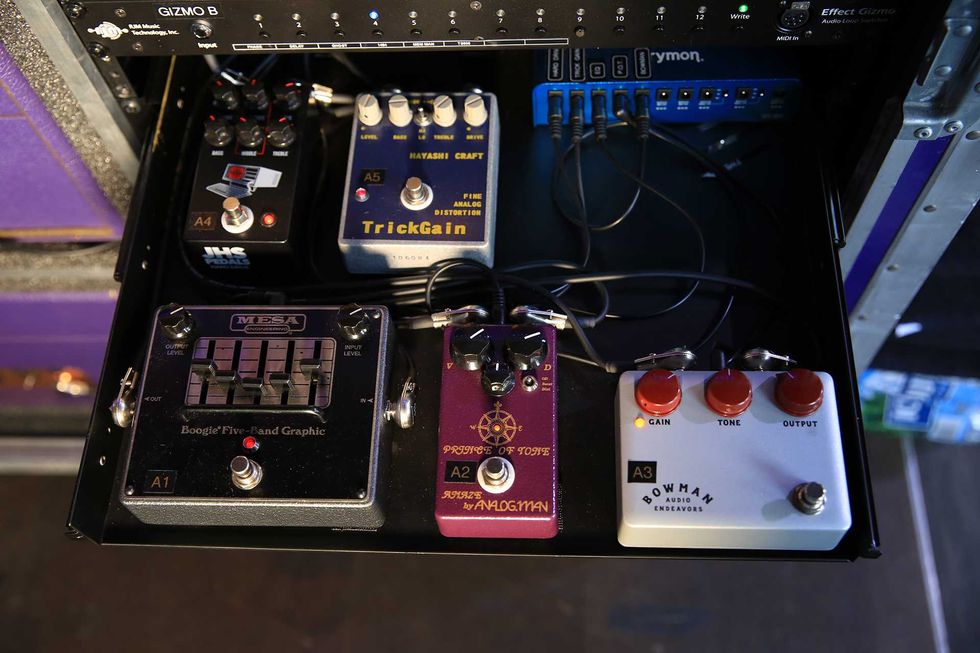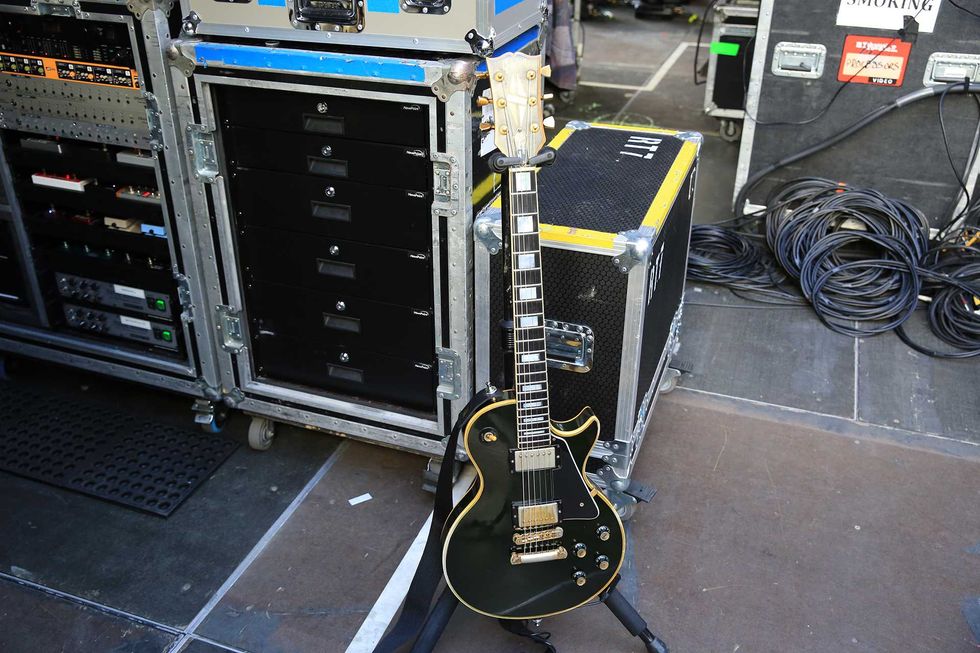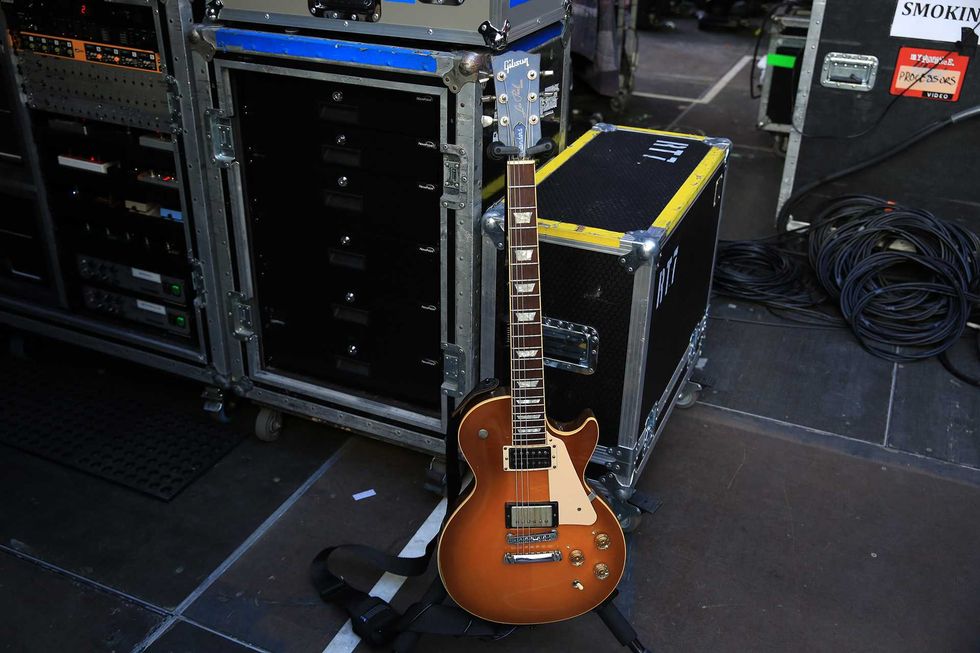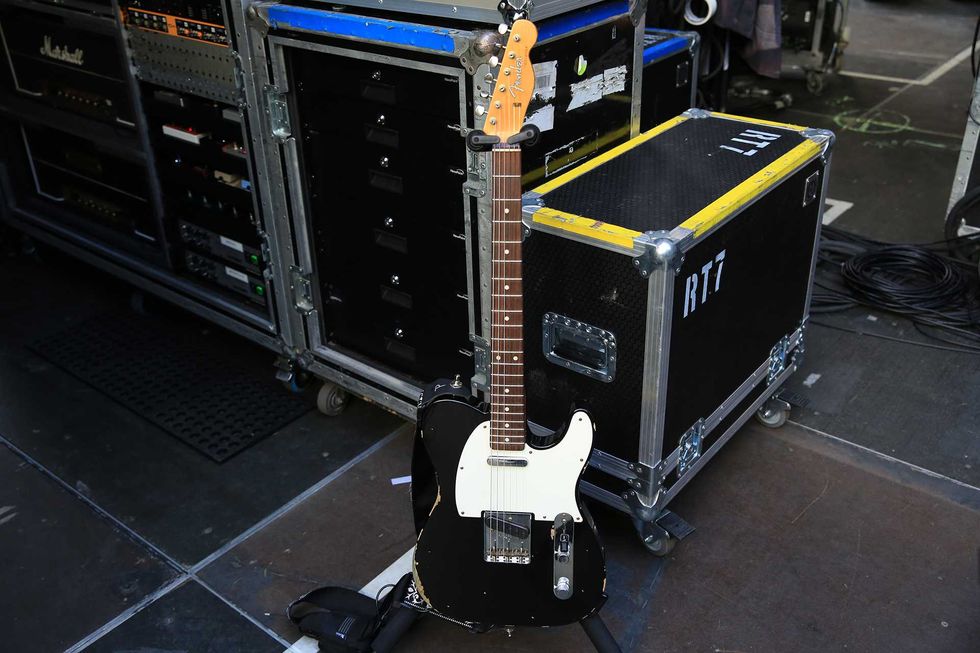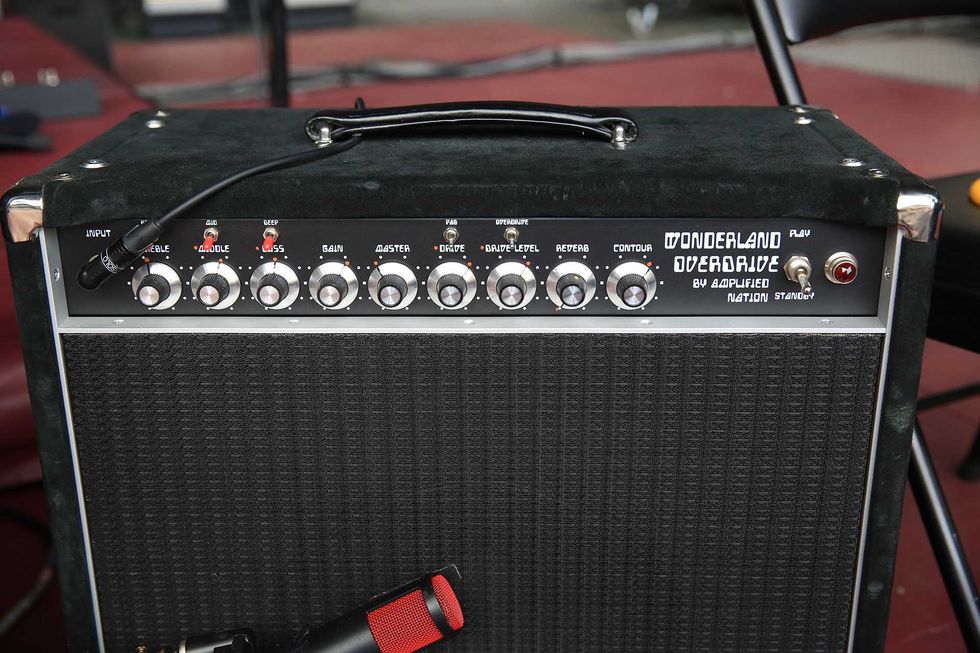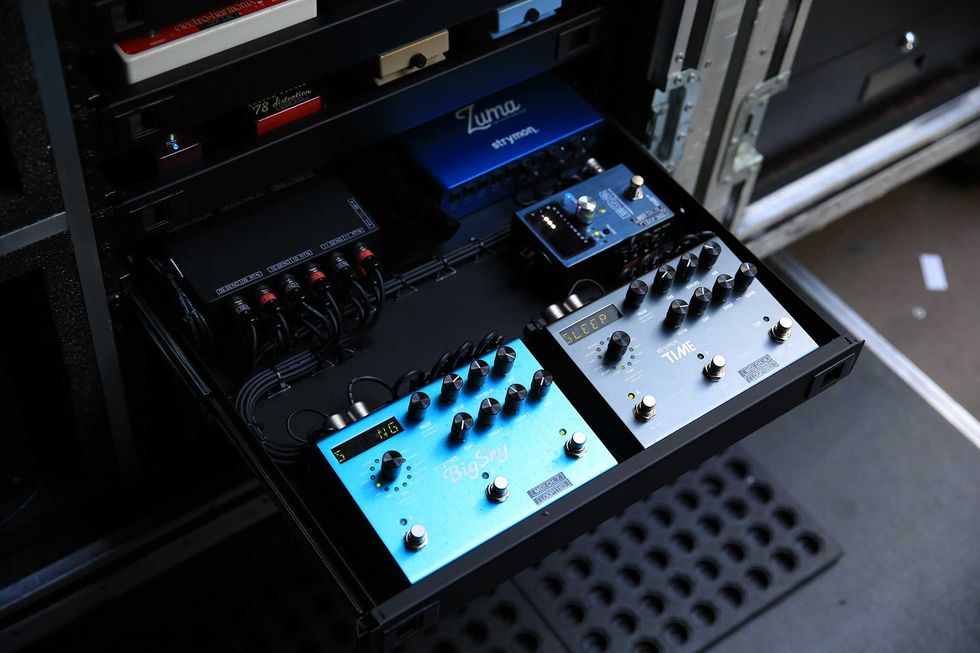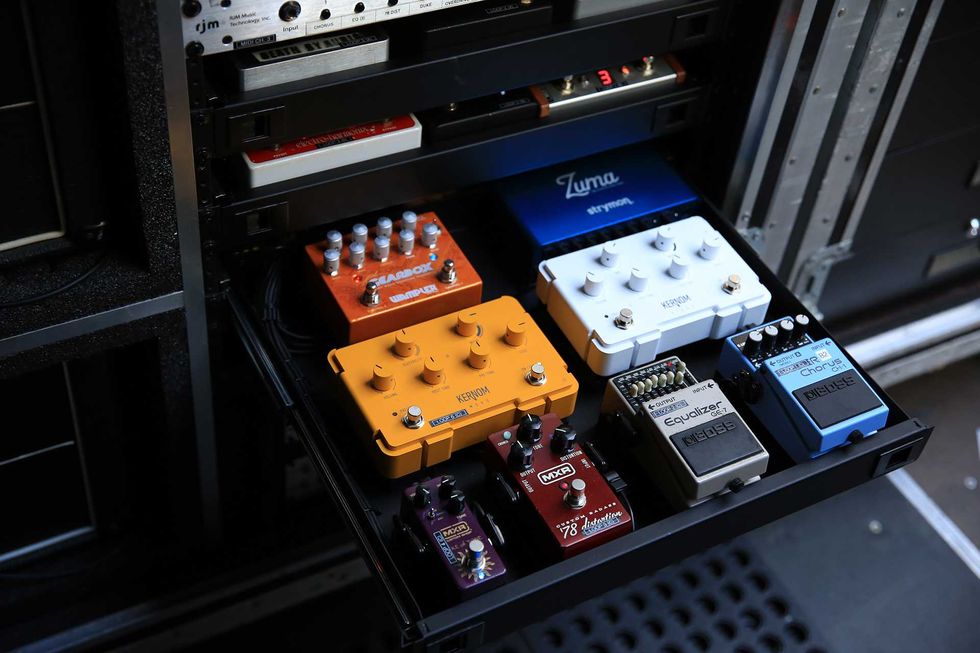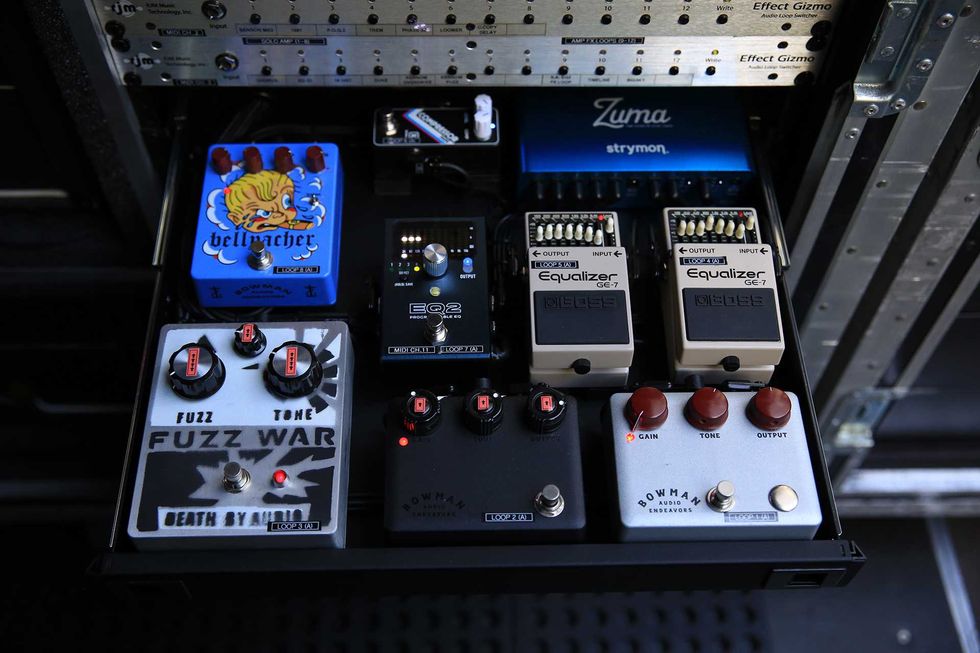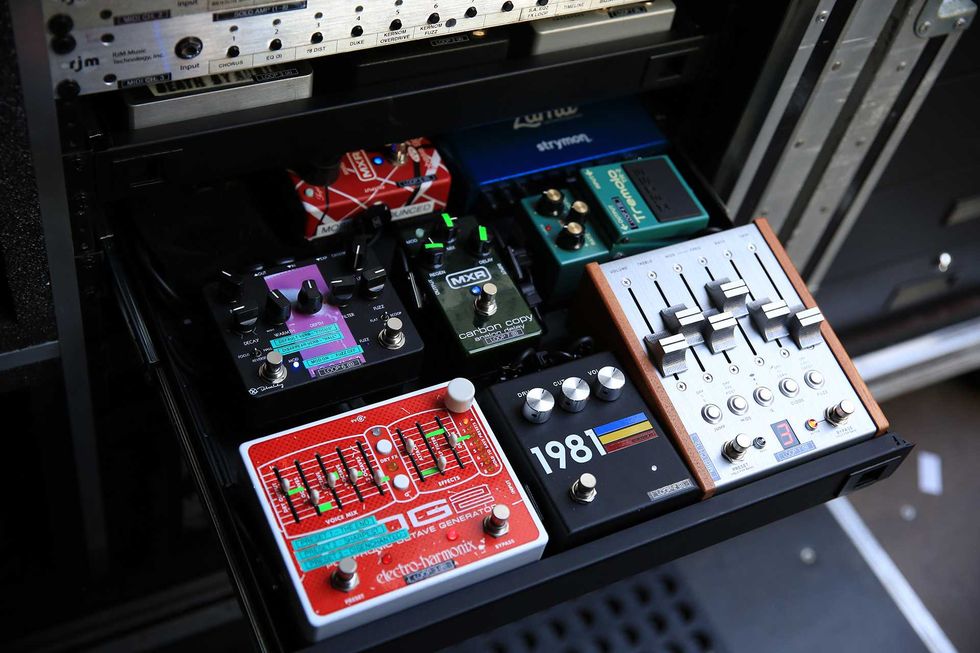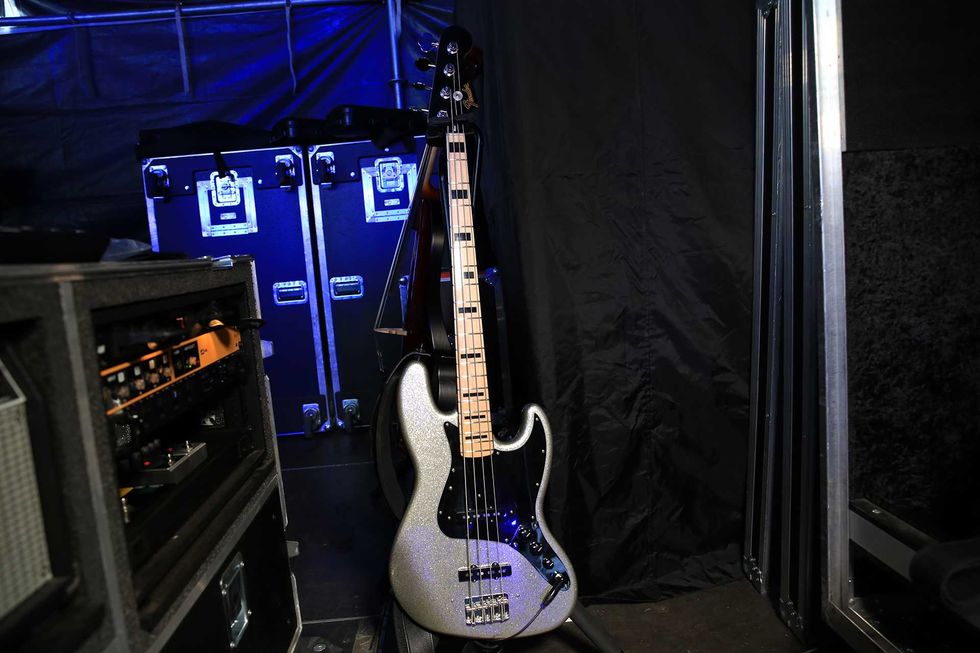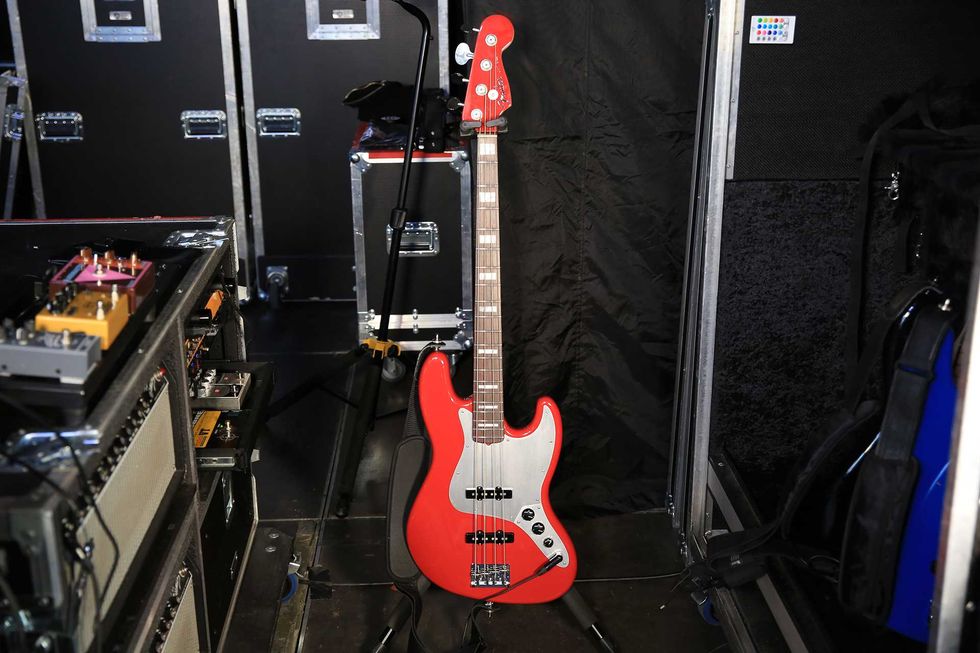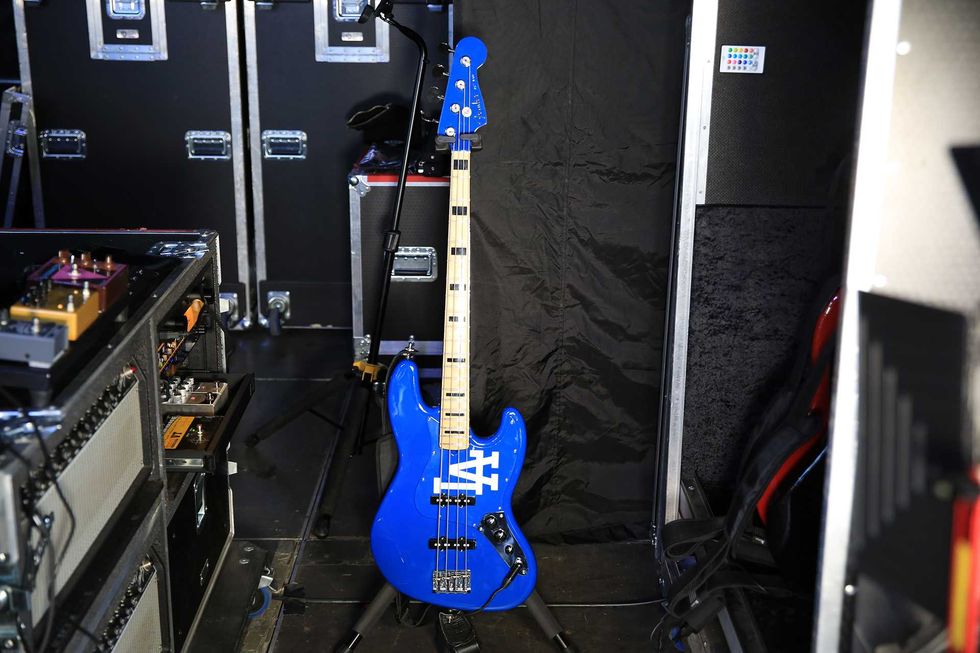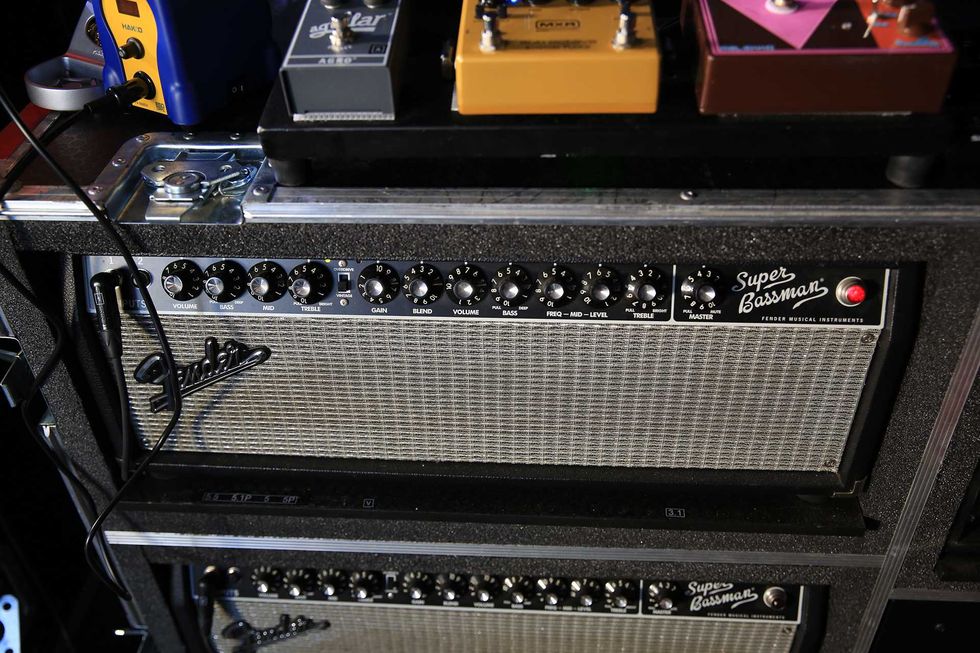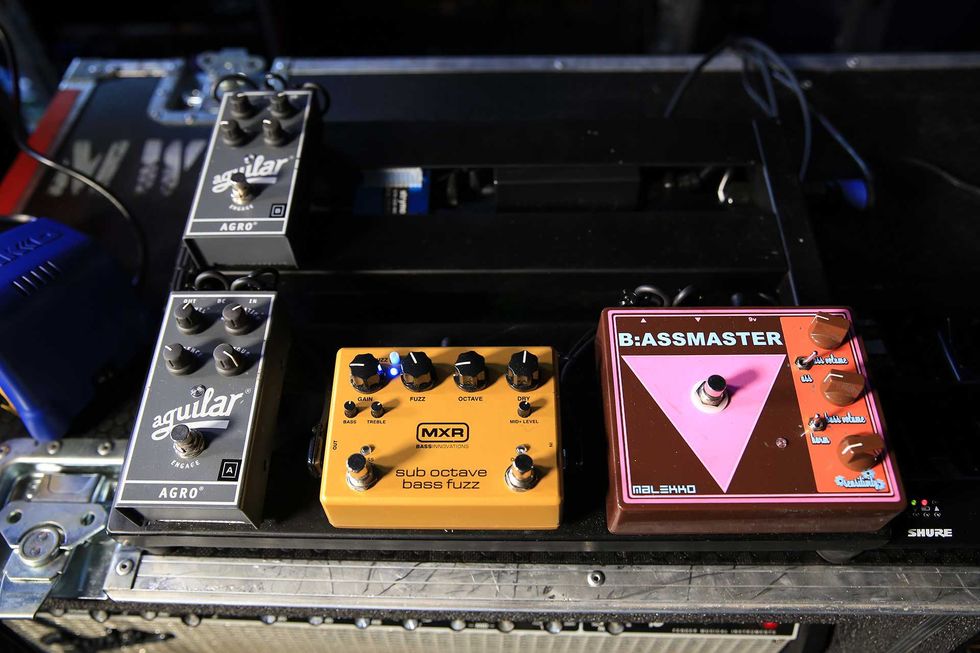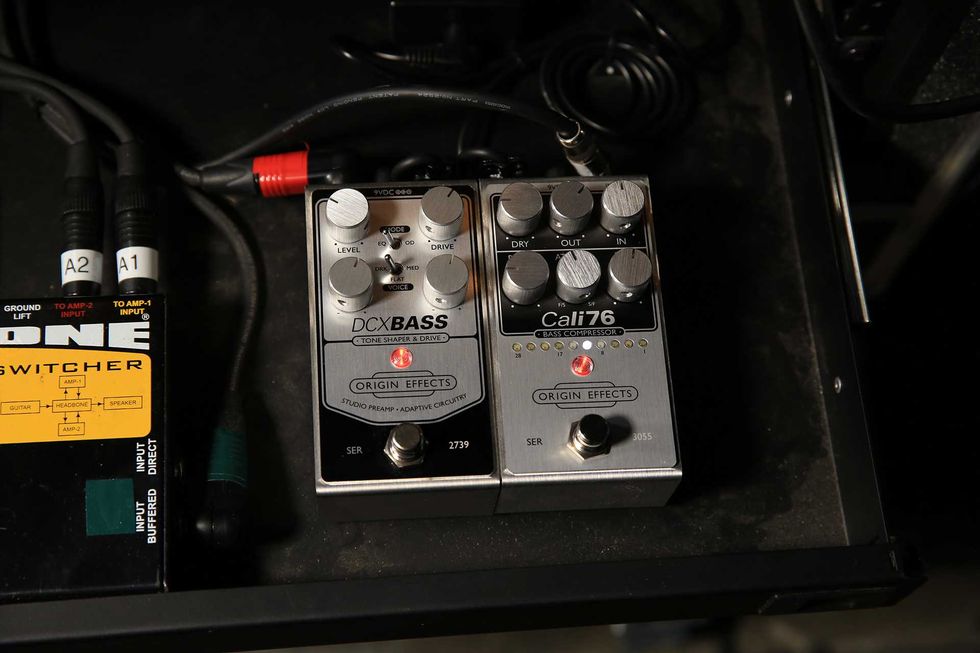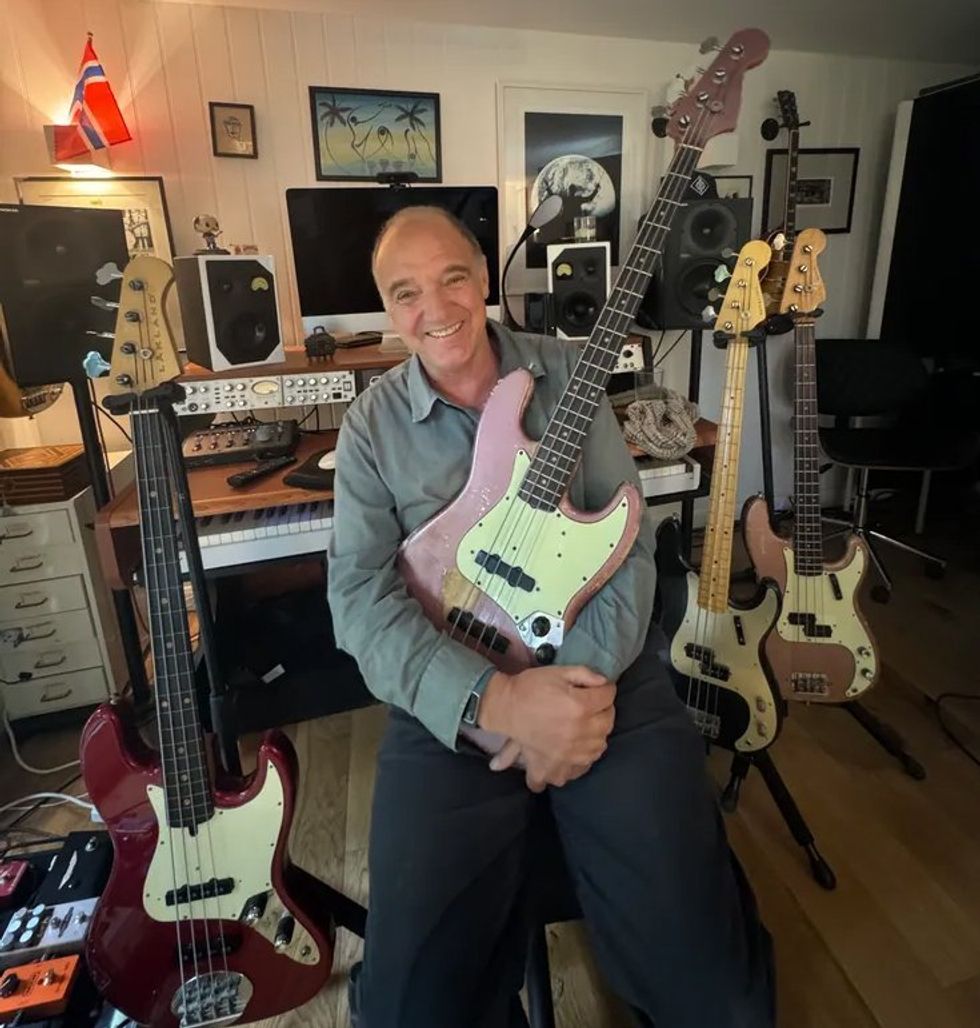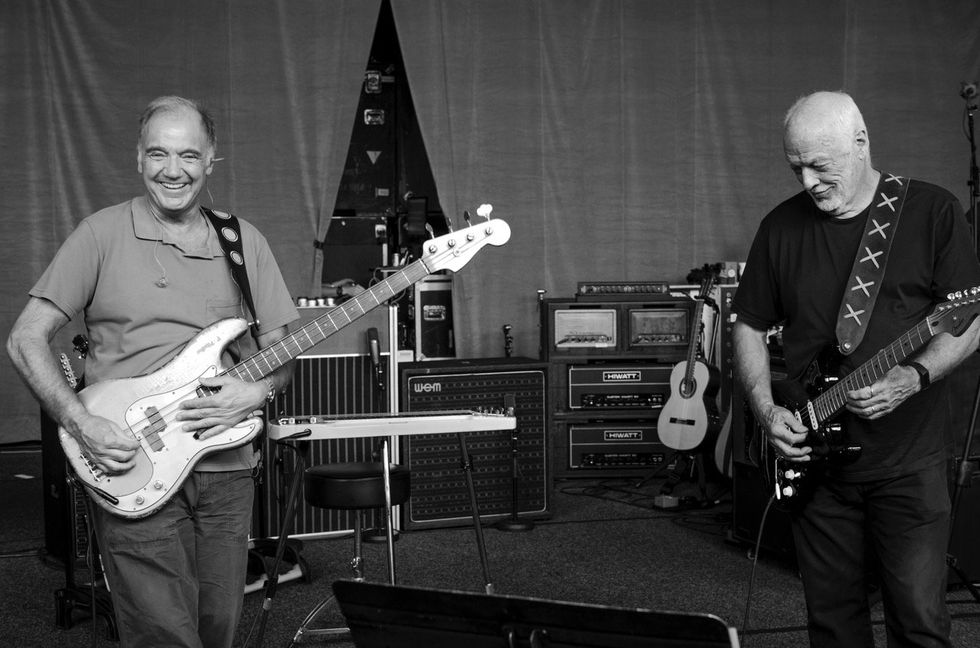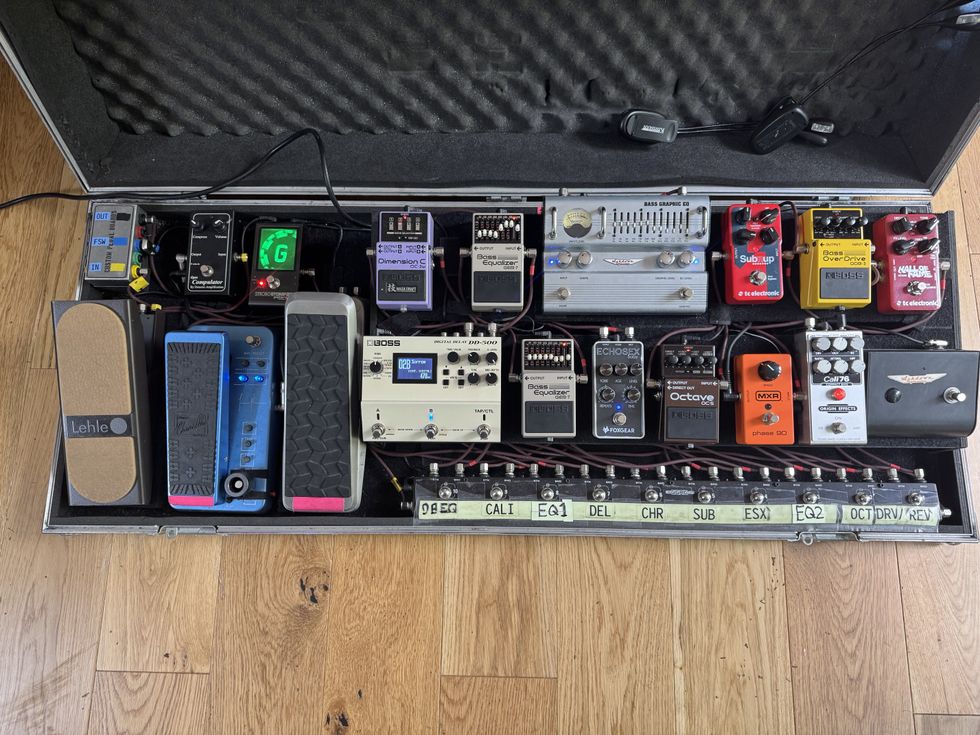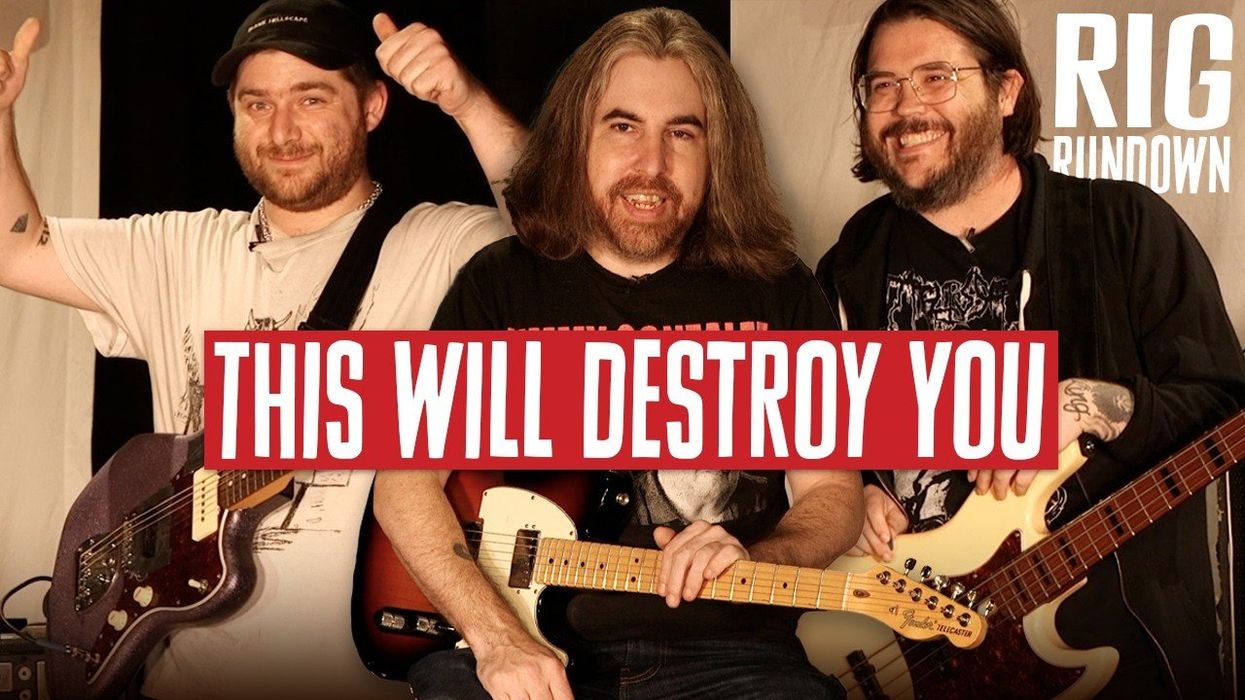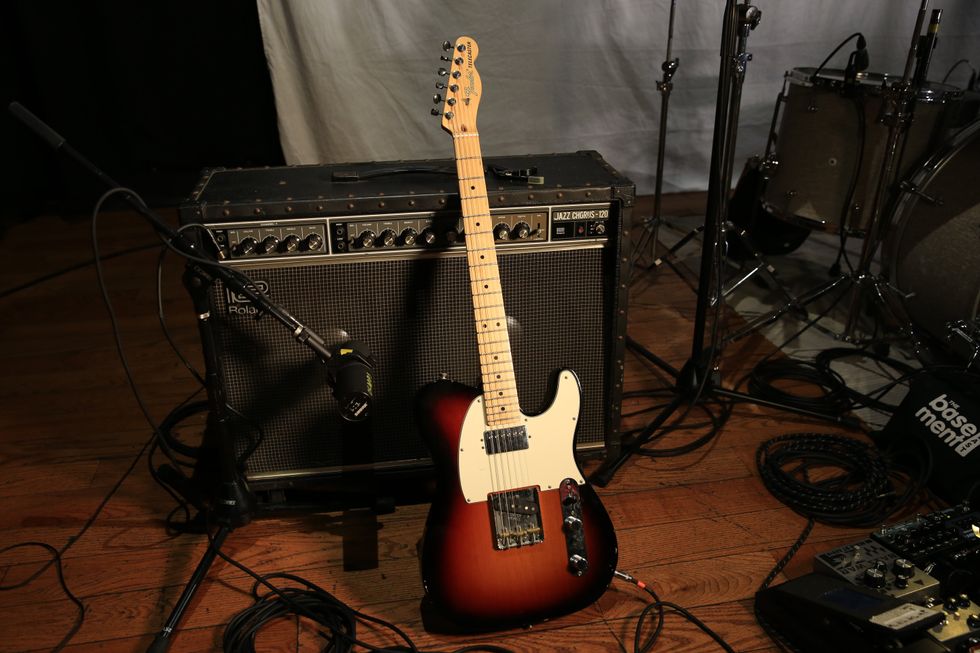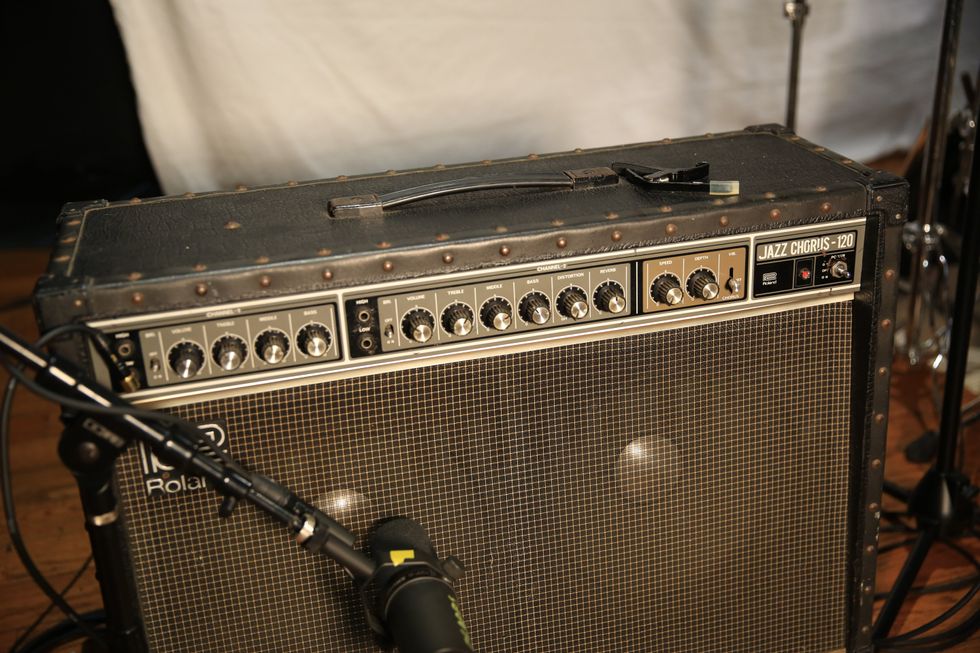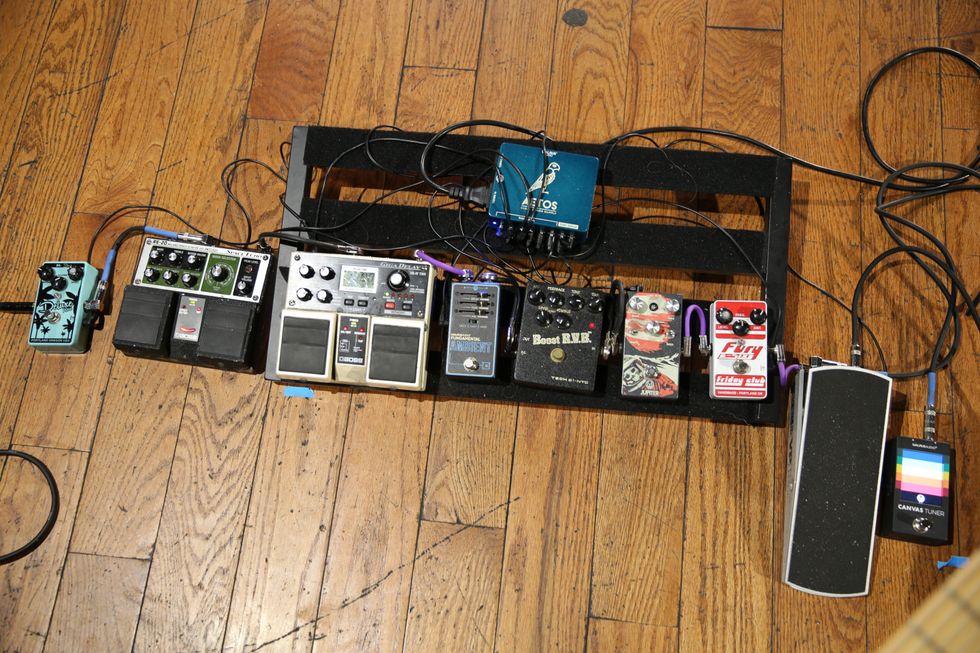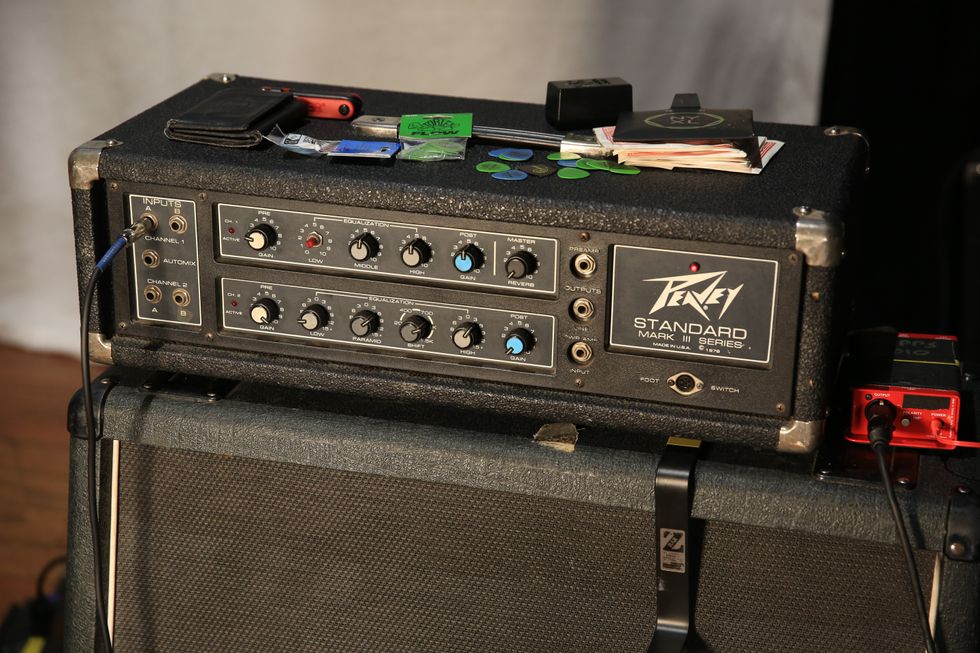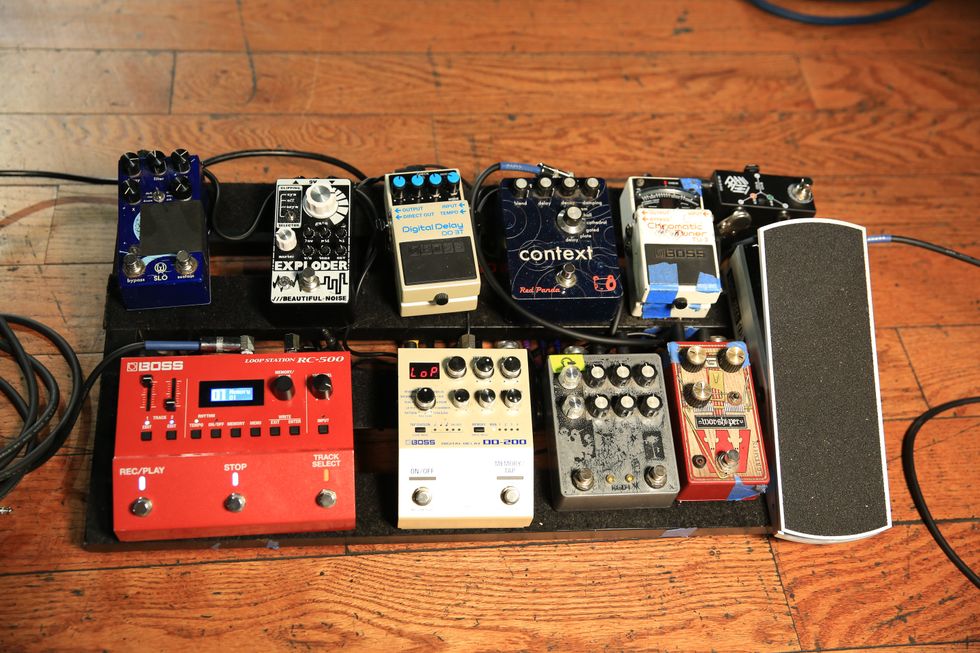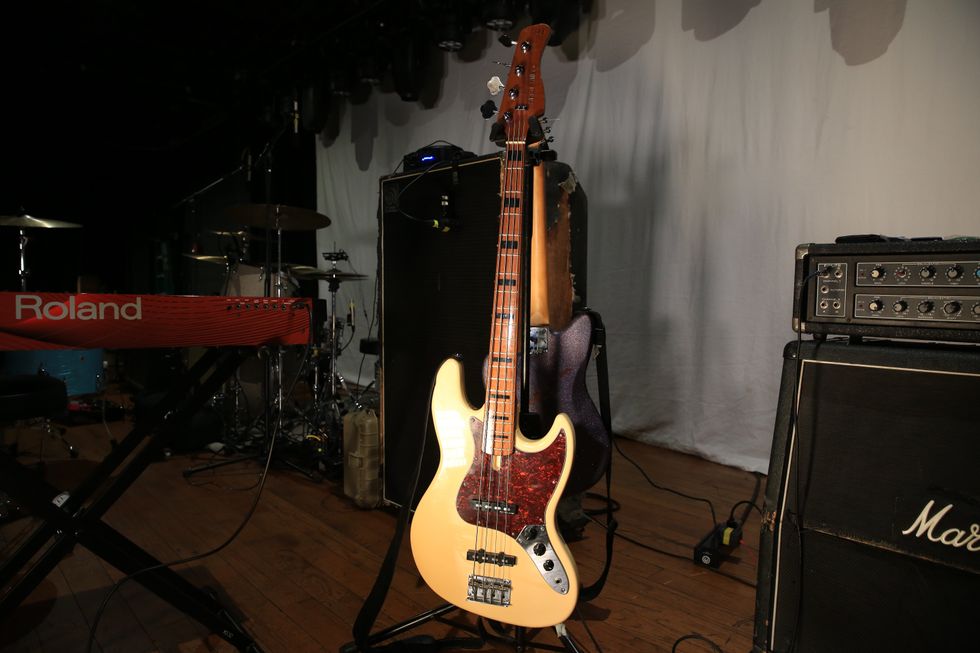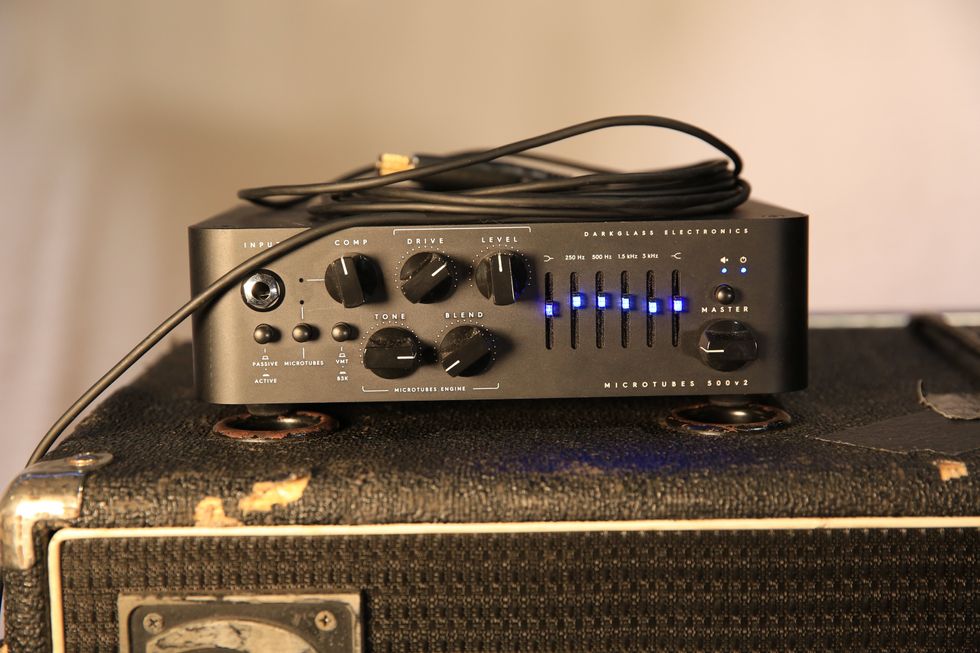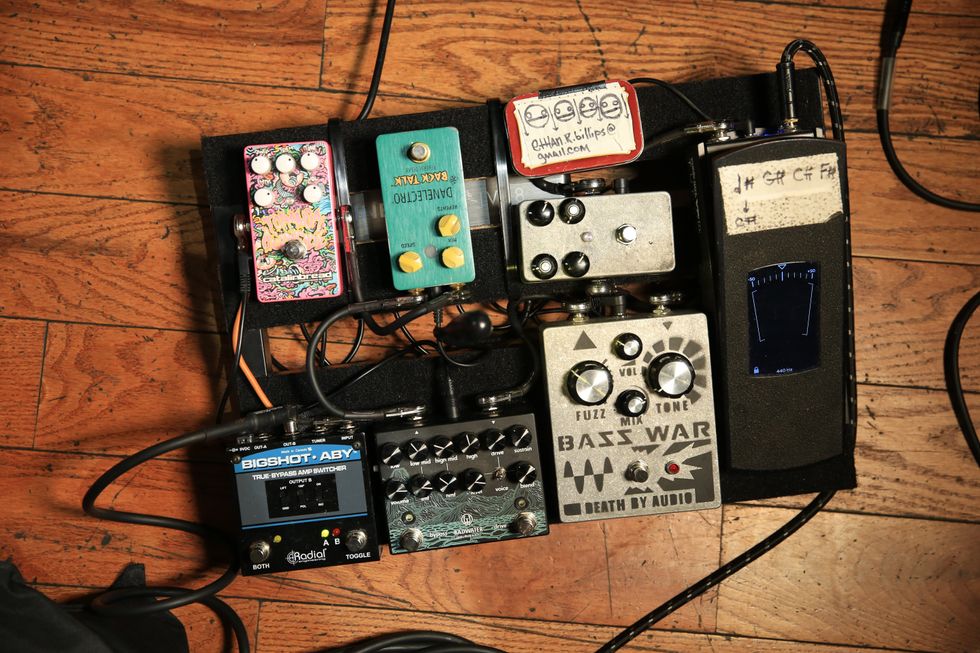Playing bass on your own can be just as rewarding as being a soloist on any other instrument. In those moments when it's just you and your axe in a quiet room, you can express yourself freely without anyone telling you how or what to play. It's one of the greatest allures of playing music. Your instrument simultaneously becomes your best friend, confidant, and therapist—all wrapped up into one.
As much as I do love the sound of the bass by itself, I didn't start playing with the intention of being a great soloist or “chops guy" per se. It's the communication with other musicians—especially drummers—that excites me the most about my job to this day. I assume that feeling is what many of you experience when you play with your favorite drummer. This month's column, however, is about the opposite: when you have to deal with a bad (or even atrociously bad) drummer. And it happened to me just last week.
These scenarios usually start with somebody who doesn't know a lot about music, but hires a drummer they think has the right energy, look, or personality for the gig. Be it a lead singer (not a guarantee for a deep knowledge about the inner workings of a great rhythm section) or a management company that's only concerned about appearances, this isn't a good way to start. A lot of times, personal history and friendship also play a part in the drummer-acquisition process. These are all valid things to take into consideration for a potential new hire to fill the drum chair, but onlyafter you confirm the drummer can make you smile ear to ear, bob your head to the beat, or even start dancing uncontrollably because the groove is that deep.
Back to last week: I hired the guitarist and keyboard player, but the lead singer insisted on bringing in his own drummer. When I first saw the drummer's name, I didn't recognize it. And when you've been in Nashville as long as I have, not recognizing a name is usually a bad sign. Still, nobody is happier than I am when a new player rolls into town who can scare the pros twice their age by playing circles around them. I love a good shake-up, but let's just say that it doesn't happen that often, and in this particular case, my suspicion was justified.
I knew things were bad within the first 10 seconds of the first rehearsal, as did the other guys. The parts I was playing with these other musicians (who I knew to be world-class players and consider more talented than myself) were all sounding, well, wrong. So, you may be asking, how can the drummer cause this to happen? Let's talk about two of the main reasons.
The pocket. When I have the pleasure of playing with a great drummer and things are going well, I like to say it's because the pocket is “wide," rather than it being “deep." They still essentially mean the same thing: that I have the freedom as a bassist to put the note almost anywhere in the pocket without compromising the groove. I can put it a little on the front, right on the click, or slightly behind. And because the drummer is so good and the pocket is so wide, it all somehow works and I'd have to try exceptionally hard to actually ruin the groove. With a bad drummer, I can't for the life of me make it groove or swing, no matter where in the pocket I try to put the note. The pocket is simply too narrow or not even there at all. I am, effectively, out of options.
Dynamics. When it comes to bad/wrong dynamics, the most common culprit by far is playing too hard. I grew up playing hard rock, a fair amount of heavy metal, and even aggressive funk, but, in spite of that, I absolutely believe there are ways for drummers to kill the groove by playing too hard. When drummers play too hard, the muscles in their limbs are more focused on hitting the drum using full force, rather than actually letting the music breathe. This often results in a lack of bounce in whatever groove is left, and almost always causes the time between the kick and snare to be just a little off. Hitting too hard can also choke the natural sustain of the drums. And this results in bad drum sounds, which makes it damn near impossible for me to get a bass sound that sits in the mix and compliments the drums.
Another example of bad dynamics is the tentative drummer who is afraid to take charge and leadthe band with authority, usually by playing too softly. It makes me involuntarily dig in harder, which compromises my tone and my feel. And this, in turn, means the other band members are stuck with a bad bassist as well.
I am only as good as the drummer I play with. With that said, our job as bassists is to make sure we serve the music at all times, even if the seemingly impossible roadblock of a bad drummer is present. We just have to somehow do our best to get around it.




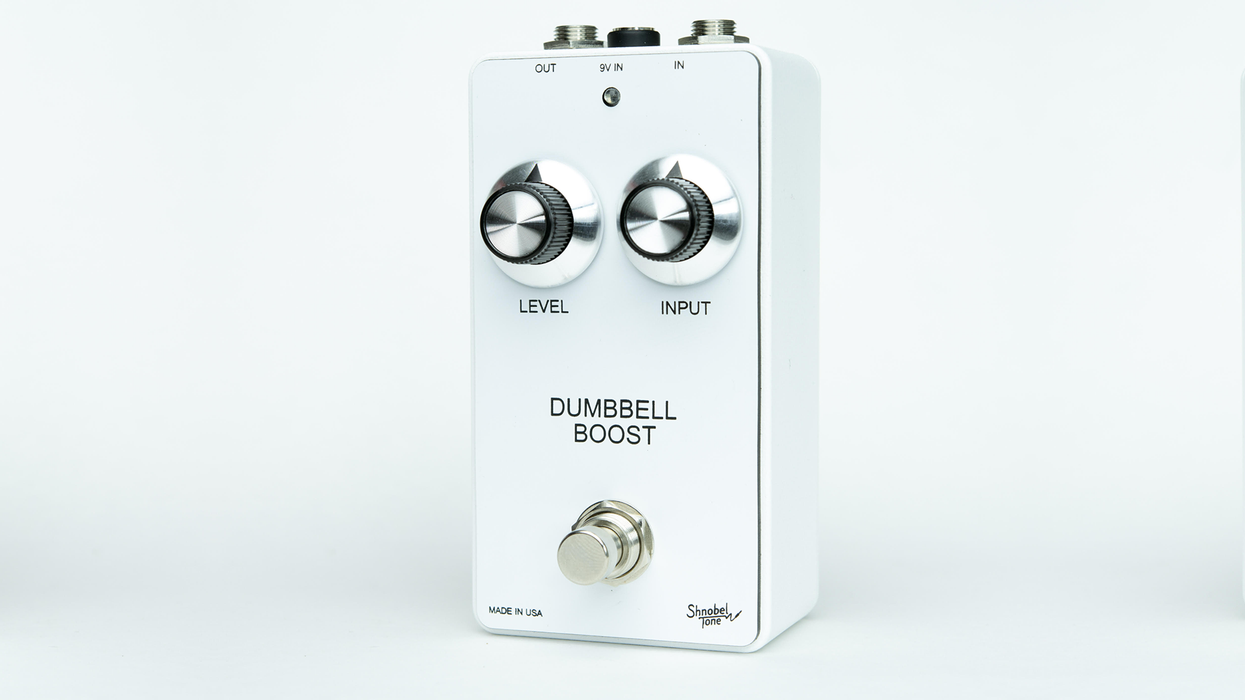
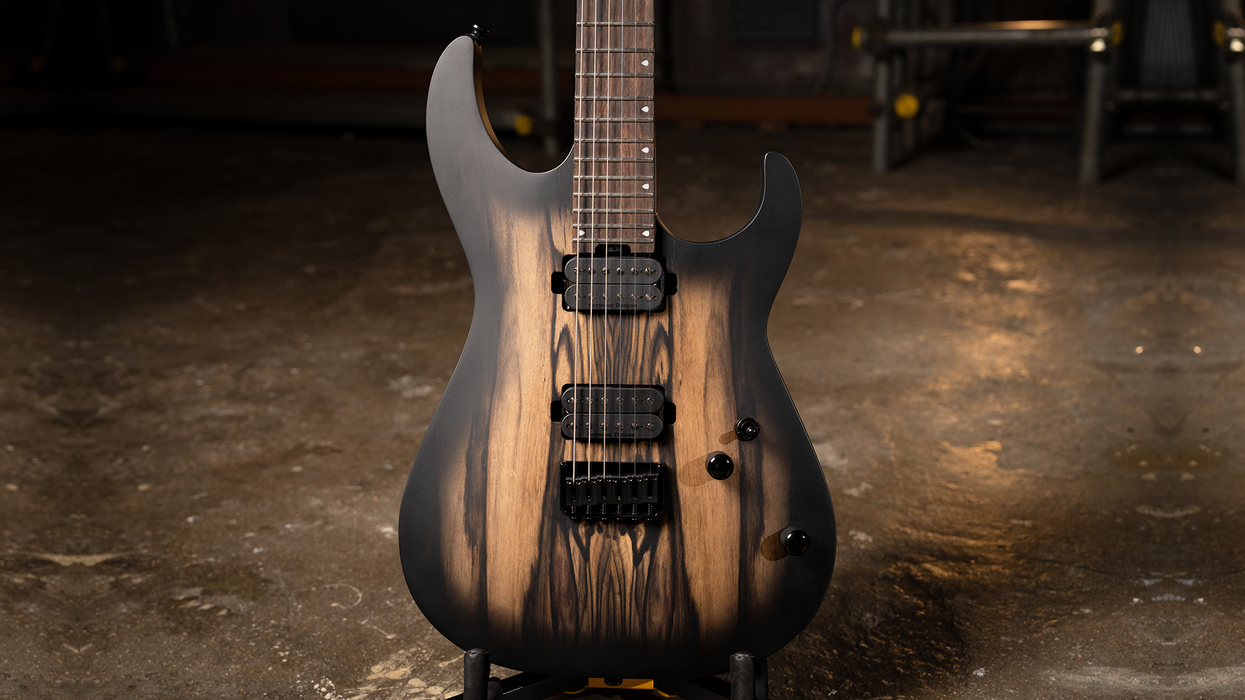
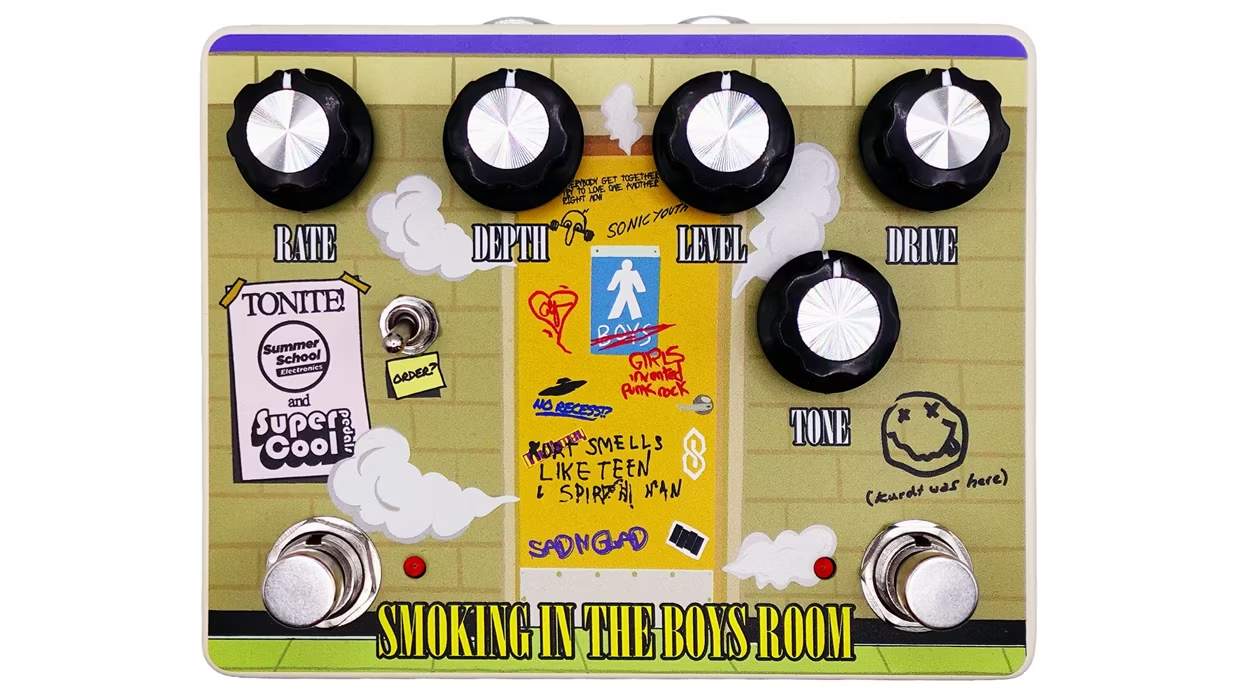

![Rig Rundown: AFI [2025]](https://www.premierguitar.com/media-library/youtube.jpg?id=62064741&width=1245&height=700&quality=70&coordinates=0%2C0%2C0%2C0)












 Shop Scott's Rig
Shop Scott's Rig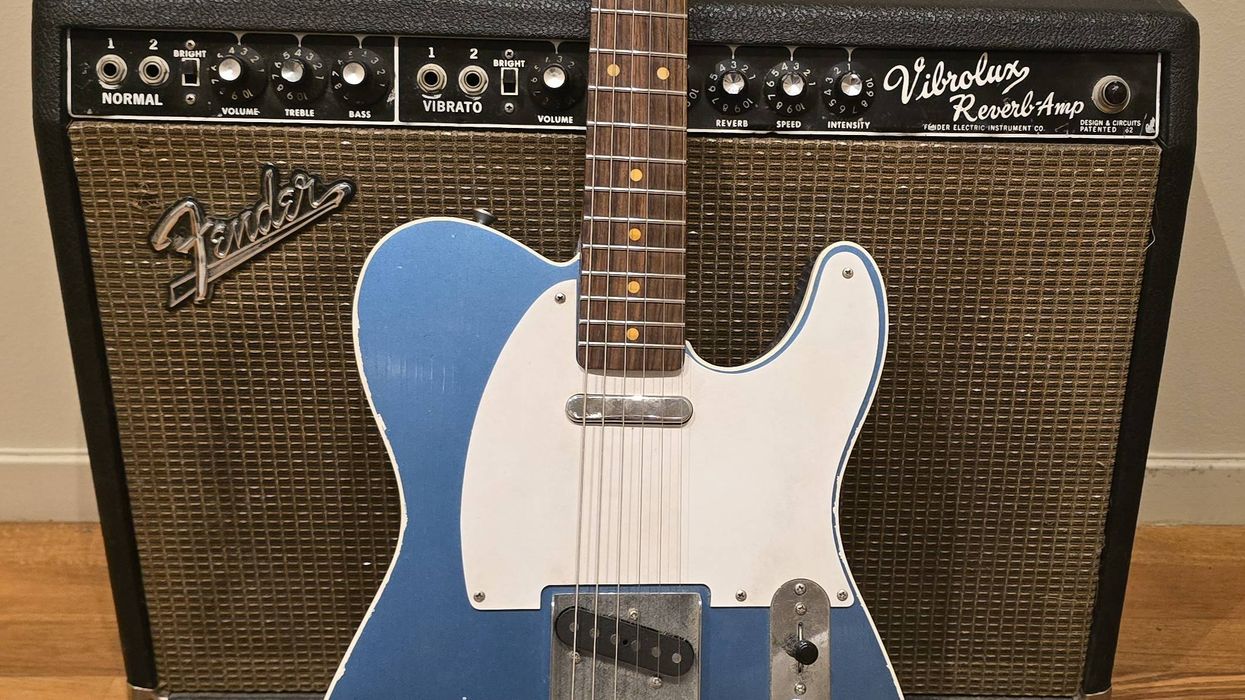
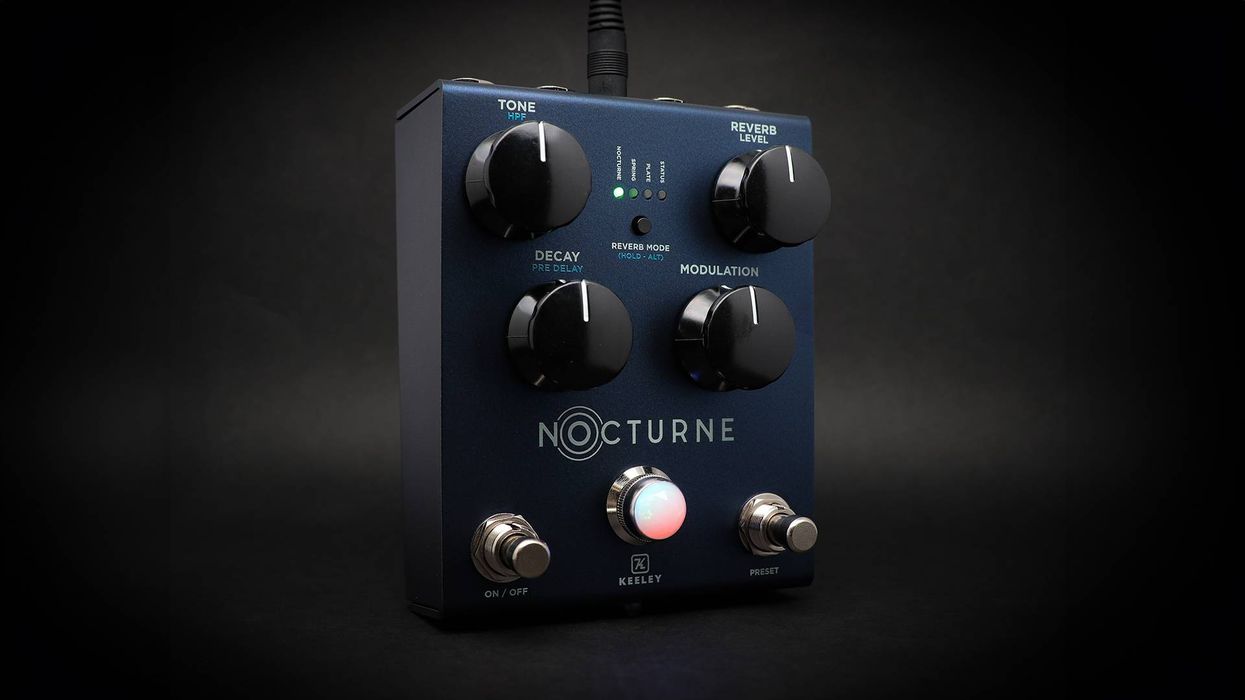
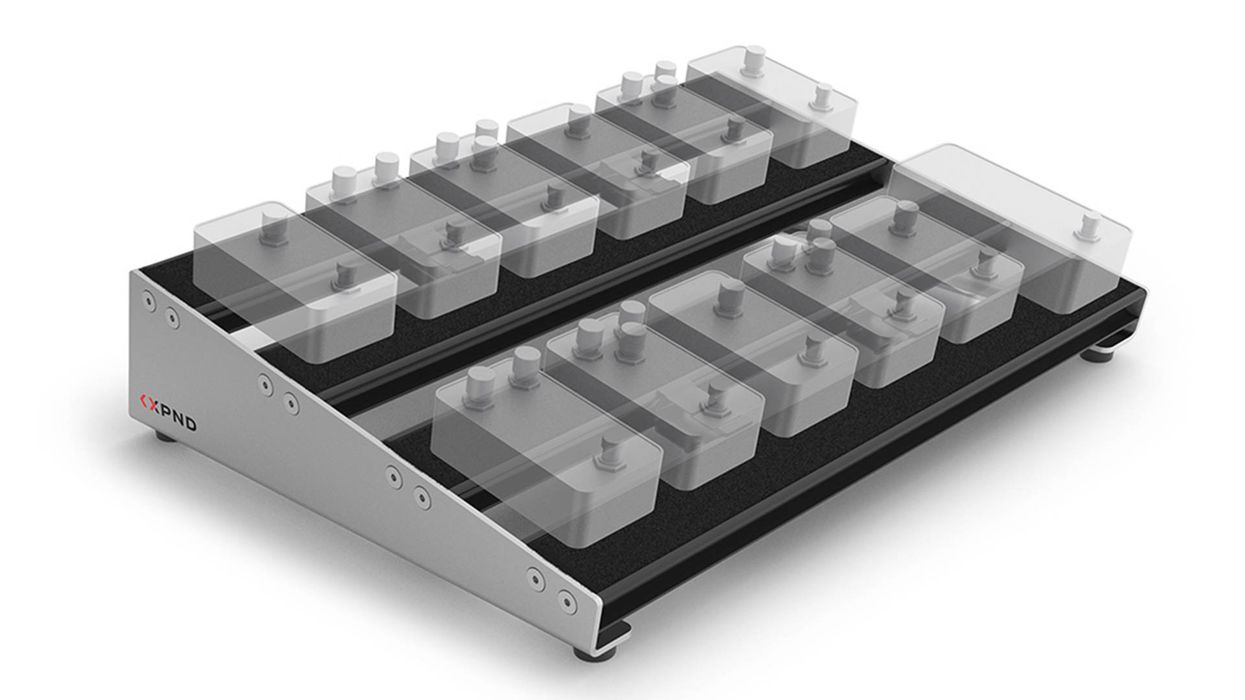
![Rig Rundown: Russian Circles’ Mike Sullivan [2025]](https://www.premierguitar.com/media-library/youtube.jpg?id=62303631&width=1245&height=700&quality=70&coordinates=0%2C0%2C0%2C0)


